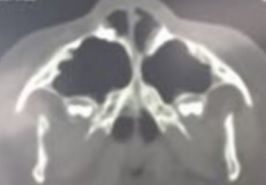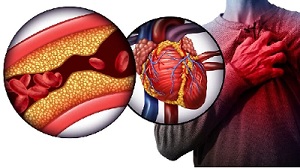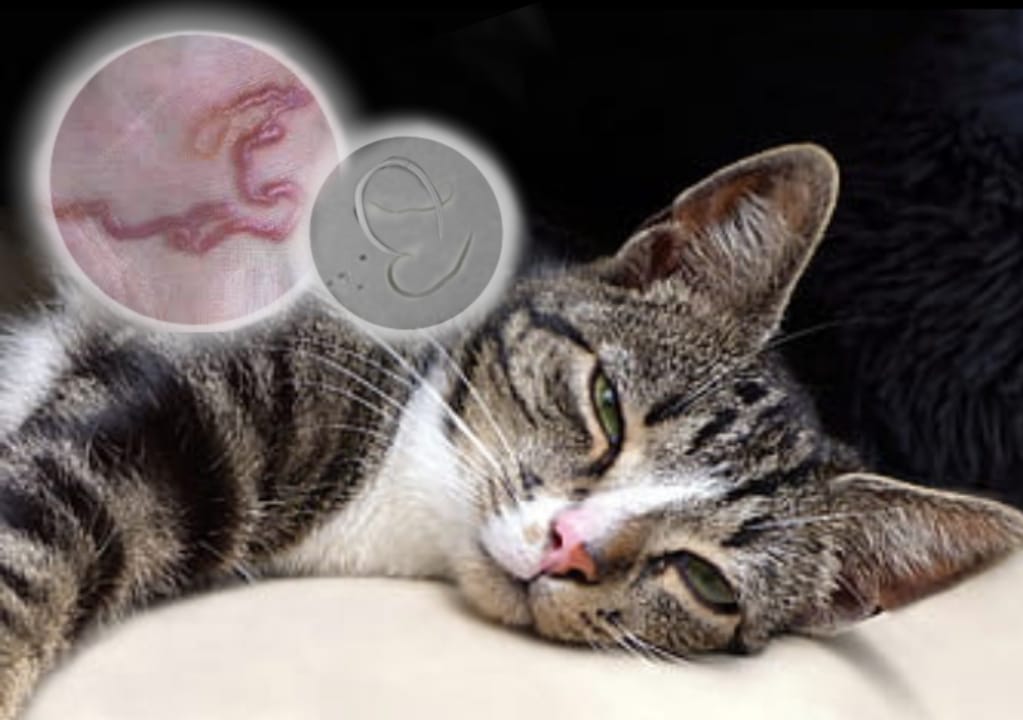Blood Type and Blood Pressure Correlations to Body Mass Index in Young Adults
Downloads
Specific ABO blood type was reported to the higher risk of having overweight and obesity. The laters had also been suggested to correlate to blood pressure. Here we studied blood type and blood pressure amongst seemingly healthy university students of IIKBW, Kediri to understand their correlations to the body mass index (BMI). The blood typing (ABO typing, Eryclone®) and blood pressure (automated digital sphygmomanometer) of 74 male and 76 female were measured in duplicate accordingly. The BMI was analysed from the student’s body weight and height using a digital balance and a microtoise staturemeter, respectively. Data were analysed using SPSS 17 with p<0.05 level of significance. There were 18.7% students have A blood type, 31.3% students were B type, 44% were O and 6.0% with AB blood type. There were 30.7% students with obesity, 18% overweight, 36% normal weight and 15.3% underweight. There were 4.7% had a hypertension, 28.7% pre-hypertension, and 66.7% were normal. No significant correlations found between BMI or the blood pressure to any specific ABO blood type, except between the blood pressure and the AB blood type (r=-0.179, p=0.03). However, there was a significant correlation between BMI and blood pressure (r=0.327, p=0.000). We observed no significant associations between any specific ABO blood type with the BMI and blood pressure. However, high blood pressures amongst students with obesity were found. Males were more common to suffer from obesity and high blood pressure than females.
Abdollahi, A., Qorbani, M., Salehi, A., Mansourian, M (2009). ABO Blood Groups Distribution and Cardiovascular Major Risk Factors in Healthy Population Iranian J Publ Health 38, 123-126.
Aguilar D, Fernandez ML (2014). Hypercholesterolemia induces adipose dysfunction in conditions of obesity and nonobesity. AdvNutr5, 497–502.
Alwasaidi TA, Alrasheed SK, Alhazmi RA, Alfraidy OB, Jameel MA, Alandijani AA (2017). Relation between ABO blood groups and obesity in a Saudi Arabian population. J Taibah Univ Med Sci 12,407–411.
Bruzelius M, Bottai M, Sabater-Lleal M, Strawbridge RJ, Bergendal A, Silveira A, et al (2015). Predicting venous thrombosis in women using a combination of genetic markers and clinical risk factors. Journal of Thrombosis and Haemostasis 13, 219–227.
Chandra T, Gupta A (2012). Association and Distribution of Hypertension, Obesity and ABO Blood groups in Blood Donors. Iran J Pediatr Hematol Oncol 2,140–145.
Gassó P, Ritter MA, Mas S, Lafuente A (2014). Influence of ABO genotype and phenotype on angiotensin-converting enzyme plasma activity. Journal of the Renin-Angiotensin-Aldosterone System 15, 580–584.
Hercegovac A, Hajdarević E, Hodžić S, Halilović E, Avdić A, Habibović M (2017). Blood group, hypertension, and obesity in the student population of northeast Bosniaand Herzegovina. In: Badnjevic A (ed) CMBEBIH 2017. Springer Singapore 62,774–777.
Kementerian Kesehatan, Indonesia, 2018. Hasil Utama Riskesdas. Badan Penelitian dan Pengembangan Kesehatan (Balitbangkes), Indonesia. Accessed May 25th, 2019.www.depkes.go.id/resources/download/info-terkini/hasil-riskesdas-2018.pdf
Meigs JB, Hu FB, Rifai N, Manson JAE (2004). Biomarkers of Endothelial Dysfunction and Risk of Type 2 Diabetes Mellitus. J Am Med Assoc 291, 1978–1986.
Mujahid A, Dickert FL (2015). Blood group typing: from classical strategies to the application of synthetic antibodies generated by molecular imprinting. Sensors 16, 51.Available from:https://www.ncbi.nlm.nih.gov/pmc/articles/PMC4732084/pdf/sensors-16-00051.pdf. Accessed May 27th,2019.
Olin BR, Twiggs J, Bell K (2015). Hypertension: The silent killer: Updated JNC-8 guideline recommendations. Alabama Pharm Assoc. Available from: www.aparx.orgAccessed May 27th, 2019.
Peltzer K, Pengpid S, Samuels T, Özcan N, Mantilla C, Rahamefy O, et al (2014). Prevalence of Overweight/Obesity and Its Associated Factors among University Students from 22 Countries. International Journal of Environmental Research and Public Health 11, 7425–7441.
Vikrant S, Tiwari S (2001). ‘Essential Hypertension – Pathogenesis and Pathophysiology’, Journal, Indian Academy of Clinical Medicine, 2,140 – 161.
Widjaja F F, Santoso LA, Barus NRV, Pradana GA, Estetika C (2013). Prehypertension and hypertension among young Indonesian adults at a primary health care in a rural area. Medical Journal of Indonesia 22, 39 – 45.
World Health Organization (2000). The Asia-Pacific perspective: redefining obesity and its treatment. Geneva: World Health Organization. Available from: http://www.wpro.who.int/nutrition/documents/Redefining_obesity/en/. Accessed May 25th, 2019.
Copyright (c) 2020 Folia Medica Indonesiana

This work is licensed under a Creative Commons Attribution-NonCommercial-ShareAlike 4.0 International License.
-
Folia Medica Indonesiana is a scientific peer-reviewed article which freely available to be accessed, downloaded, and used for research purposes. Folia Medica Indonesiana (p-ISSN: 2541-1012; e-ISSN: 2528-2018) is licensed under a Creative Commons Attribution 4.0 International License. Manuscripts submitted to Folia Medica Indonesiana are published under the terms of the Creative Commons License. The terms of the license are:
Attribution — You must give appropriate credit, provide a link to the license, and indicate if changes were made. You may do so in any reasonable manner, but not in any way that suggests the licensor endorses you or your use.
NonCommercial — You may not use the material for commercial purposes.
ShareAlike — If you remix, transform, or build upon the material, you must distribute your contributions under the same license as the original.
No additional restrictions — You may not apply legal terms or technological measures that legally restrict others from doing anything the license permits.
You are free to :
Share — copy and redistribute the material in any medium or format.
Adapt — remix, transform, and build upon the material.







































